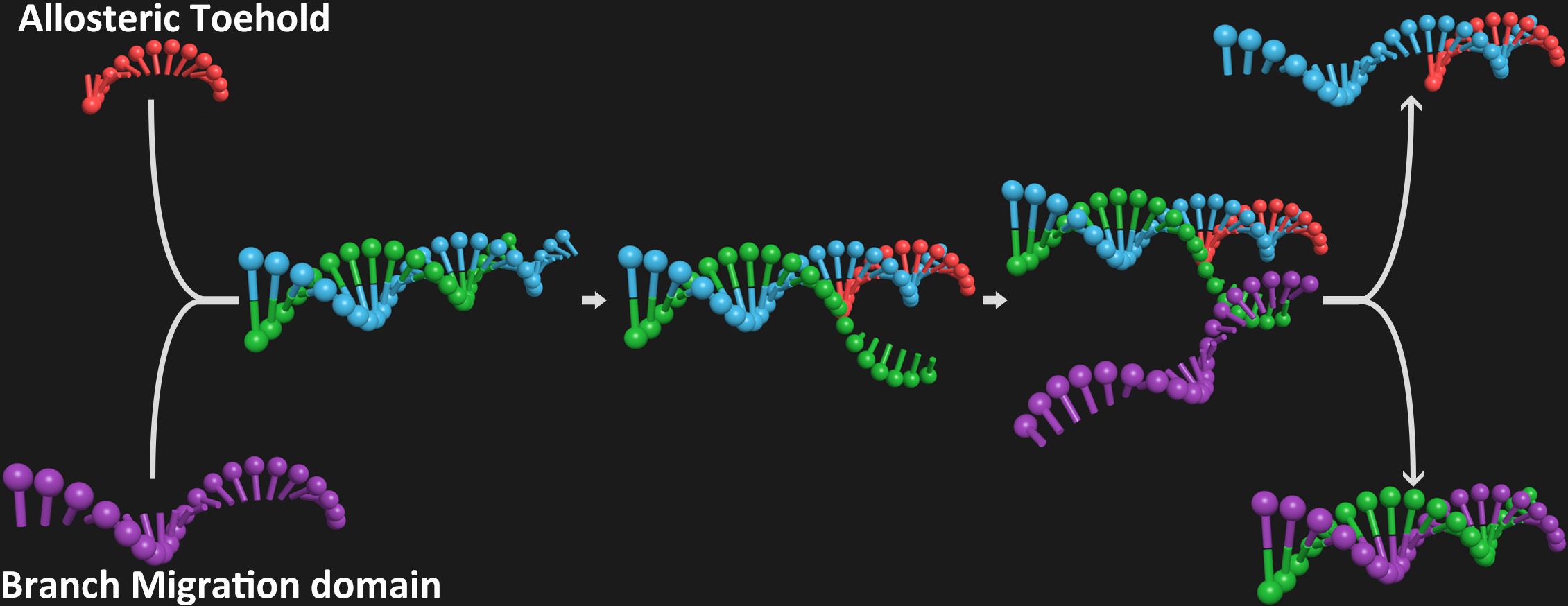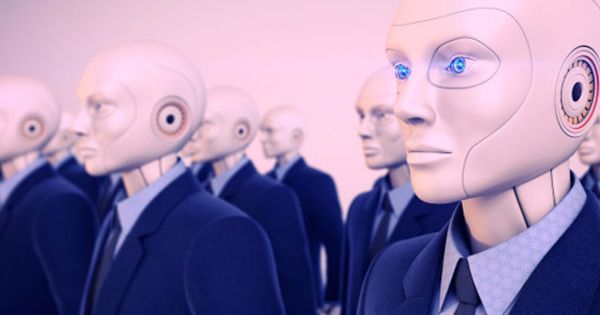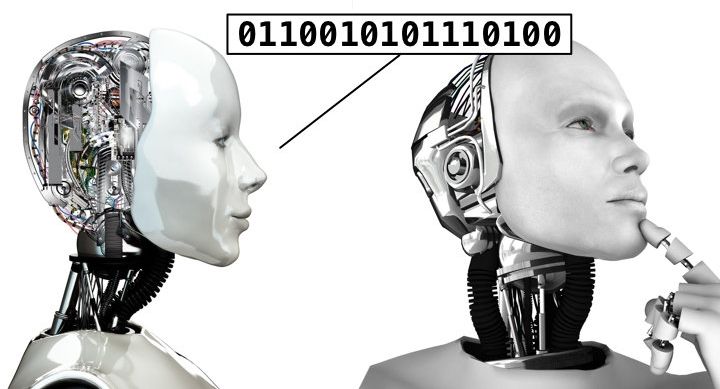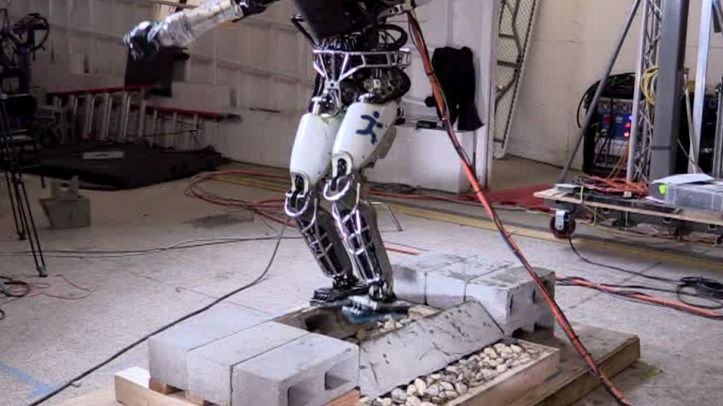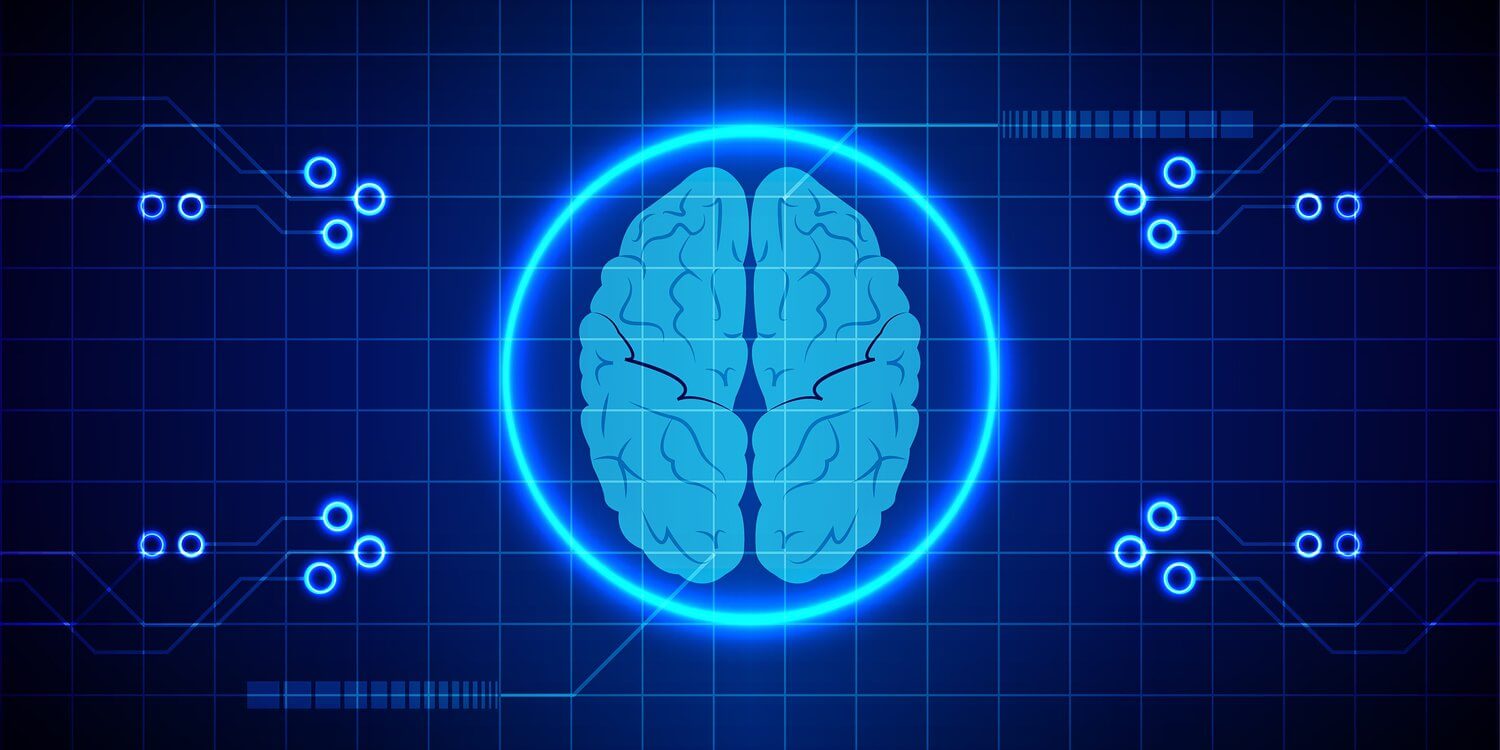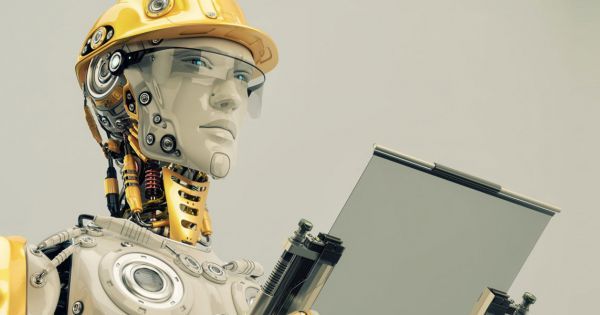I know this is 2 days old; however, glad I came across it. As Gene Circuitry & Living systems in general are truly advancing more quickly in the recent year than I have seen over the past decade.
The real question is with AI, 3D/ 4D synbio printing, Gene/ Cell Circuitry; which areas of medicine will continue to existing in the next 15 years?
A Brock University research team has created a tool that can potentially be used in a future computer that will be made out of DNA.
Chemist Feng Li and graduate student Xiaolong Yang, formal postdoctoral fellow Yanan Tang and undergraduate student Sarah Traynor have devised a strategy that “helps simplify the design of DNA circuits that may eventually be used in a DNA computer,” says Li.
The team’s research was recently featured in the Journal of the American Chemical Society.
